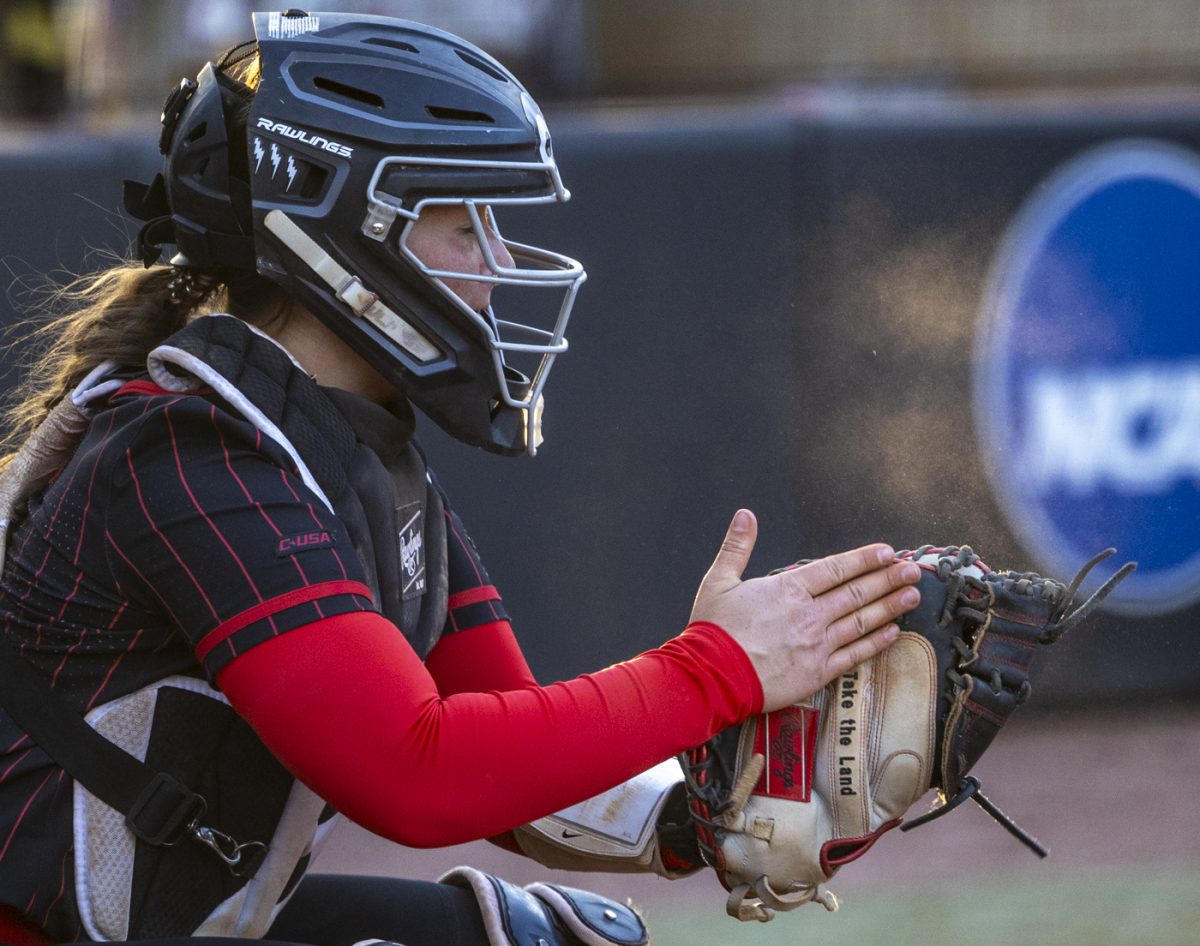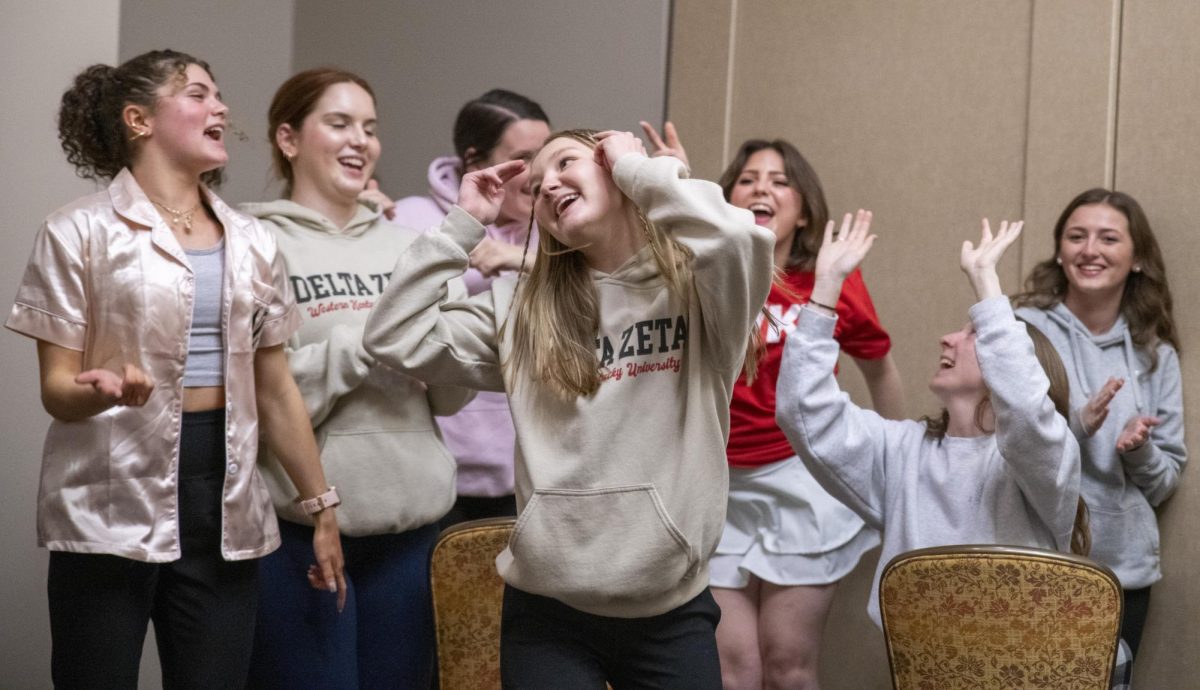Bluegrass Bureaucracy: Kentucky politics still ‘the damnedest’
February 25, 2016
The 2016 political season has truly been one to behold. Whether you’re keeping up with the presidential election, the aftermath of Associate Justice of the Supreme Court Antonin Scalia’s death or wondering if Kanye is trolling for funds for his 2020 presidential run, 2016 so far has been a political hotbed.
And if you’re looking for some quality political deadlock, laughter and anger, look no further than the state of Kentucky.
Following the death of Justice Scalia, Republican Senate Majority Leader Mitch McConnell released a statement saying that the GOP has no intention of confirming any nominee made by President Barack Obama.
“The American people should have a voice in the selection of their next Supreme Court Justice,” McConnell said in a statement released Feb. 13, according to The Hill. “Therefore, this vacancy should not be filled until we have a new president.”
This past Tuesday, Senate Republican leaders also said there “would be no confirmation hearings, no vote, not even a courtesy meeting with President Obama’s nominee to replace Justice Antonin Scalia,” as reported by The New York Times.
McConnell, however, recognized that the president does have the right to nominate someone to the position but believes the president’s doing so will plunge the country into a bitter and avoidable struggle.
McConnell has come under scrutiny for his unwavering position to not have the Senate come to a vote — much less a hearing — with the president’s nomination.
However, he is right that the president does hold the right to nominate someone. Article II, Section 2, Clause 2 of the Constitution, also known as the Appointments Clause, is straightforward about the president’s duties:
“He shall have Power, by and with the Advice and Consent of the Senate, to make Treaties, provided two thirds of the Senators present concur; and he shall nominate, and by and with the Advice and Consent of the Senate, shall appoint Ambassadors, other public Ministers and Consuls, Judges of the supreme Court, and all other Officers of the United States,” the Constitution states.
Now if you’re having a difficult time trying to figure out how McConnell, who is evidently trying to honor the memory of late Justice Scalia, chose to ignore the same document Scalia lived and died by, then you’re not alone.
McConnell’s refusal to hear Obama’s nomination, however, doesn’t even begin to scratch the surface of the past few weeks of Kentucky politics.
Last week, Democrat Rep. Mary Lou Marzian introduced House Bill 396. The bill would require men in the state to consult with a doctor and receive signed permission from their wives before obtaining a prescription for erectile dysfunction medication. Additionally, men must make a sworn statement with their hand placed on the Bible that they would only use the drugs to have sex with their spouse.
According to the Kentucky Legislature website, the bill would “Create a new section of KRS Chapter 311 to require a health care practitioner to have two office visits before prescribing a drug for erectile dysfunction to a married man who swears he will only use the prescription when having sexual relations with his current spouse.”
Marzian has admitted that the bill responds to several anti-abortion bills in the state’s current legislative session.
“This is about family values,” Marzian said according to The Courier-Journal.
Marzian’s bill was soon picked up by larger news outlets such as The Washington Post and The New York Times.
“I thought if we’re going to insert ourselves into women’s most private health care decisions, then we should insert ourselves into men’s most private health care decisions as well,” Marzian told The New York Times.
Her attempts to flip the script on debates happening in Kentucky and around the country concerning women’s health is indicative of our state’s particular brand of politics.
In 1902, Judge James Hillary Mulligan wrote “In Kentucky” for a banquet for members of the Kentucky legislature held on Feb. 11 of that year, according to the University of Kentucky.
Many of Mulligan’s verses in the poem touch on the summer days, orators, streams, love and friendship in Kentucky. His last verse, however, ringers truer now more than ever:
“Song birds are the sweetest in Kentucky / The thoroughbreds the fleetest in Kentucky / Mountains tower proudest / Thunder peals the loudest / The landscape is the grandest — and Politics — the damnedest in Kentucky.”












